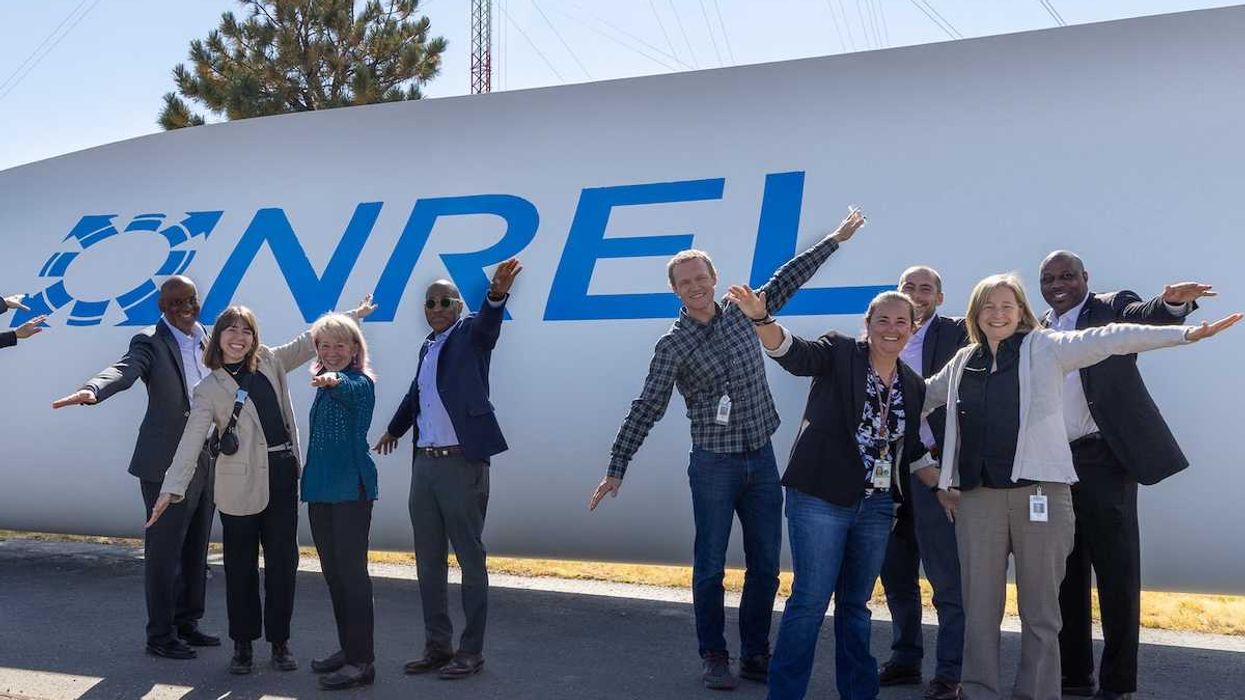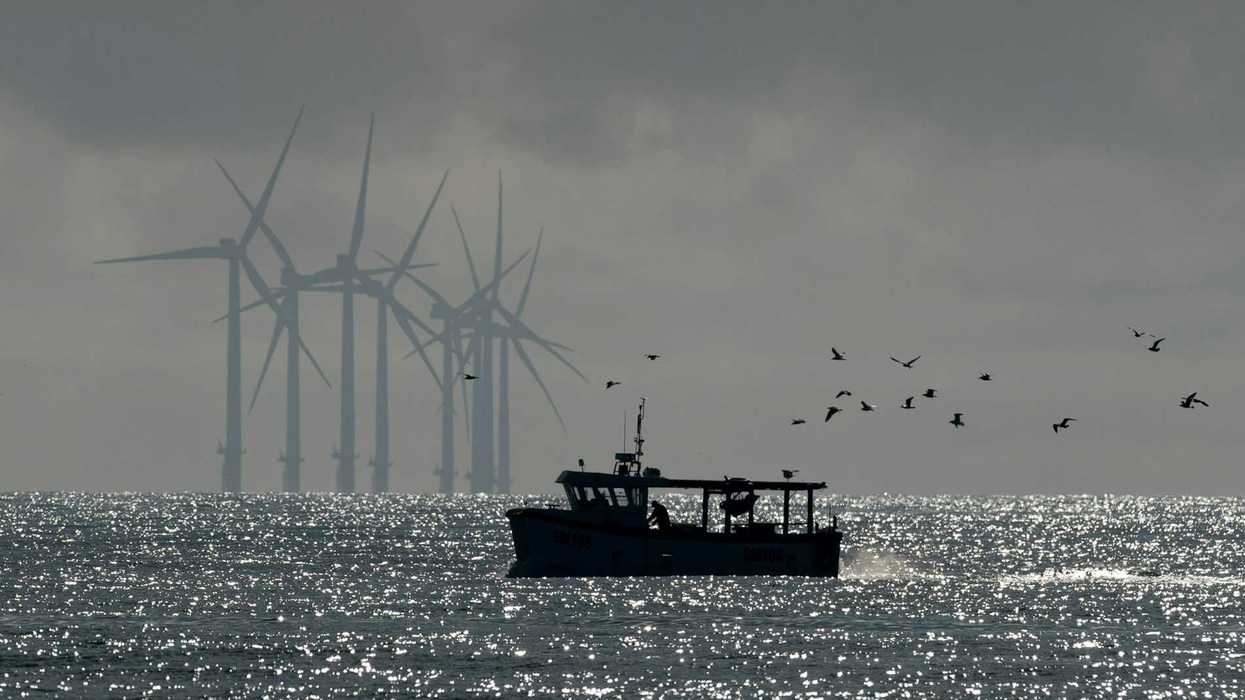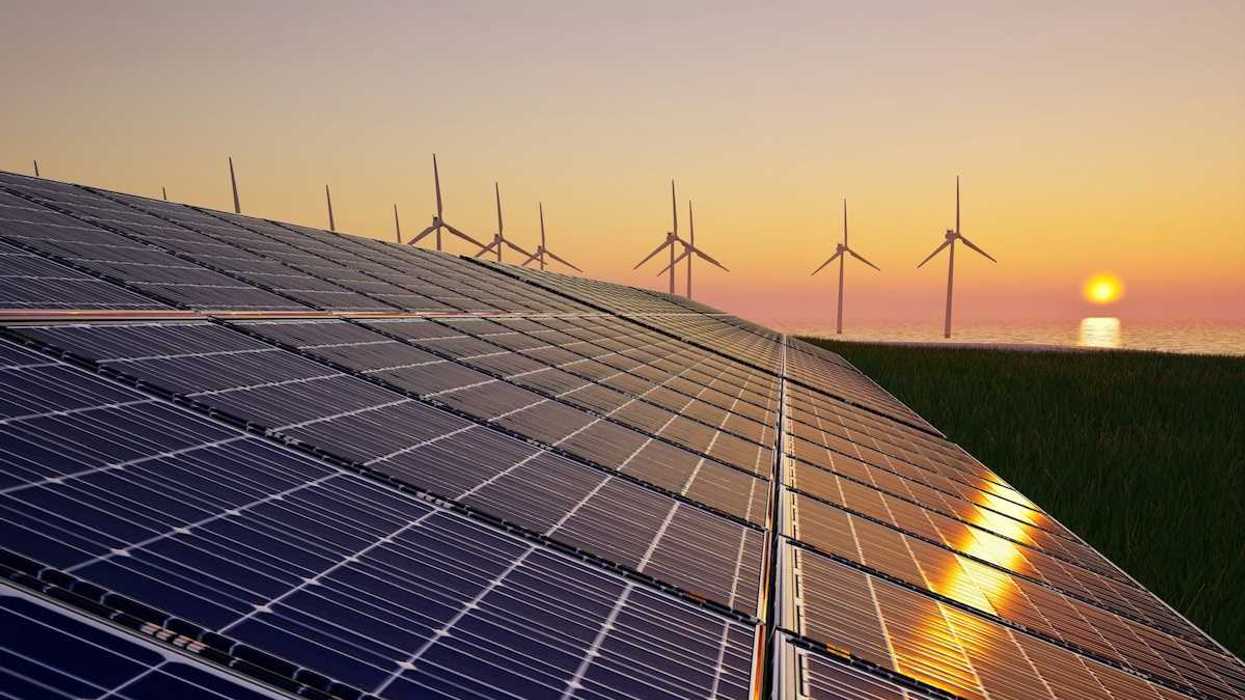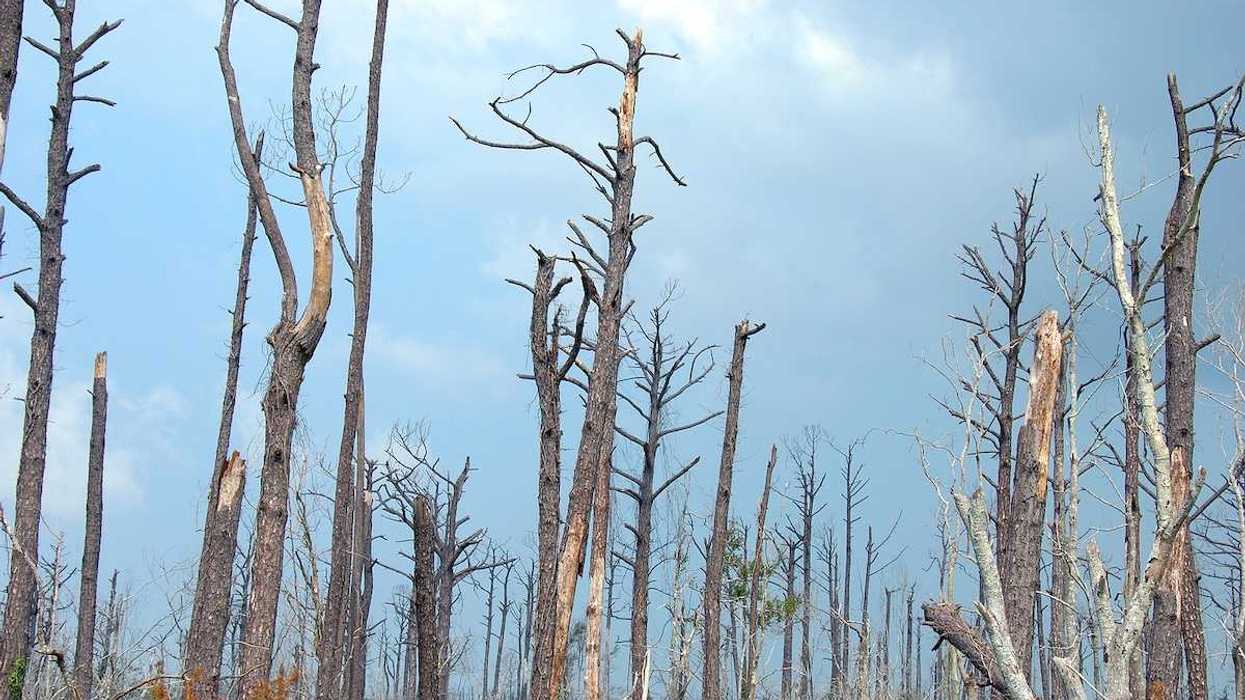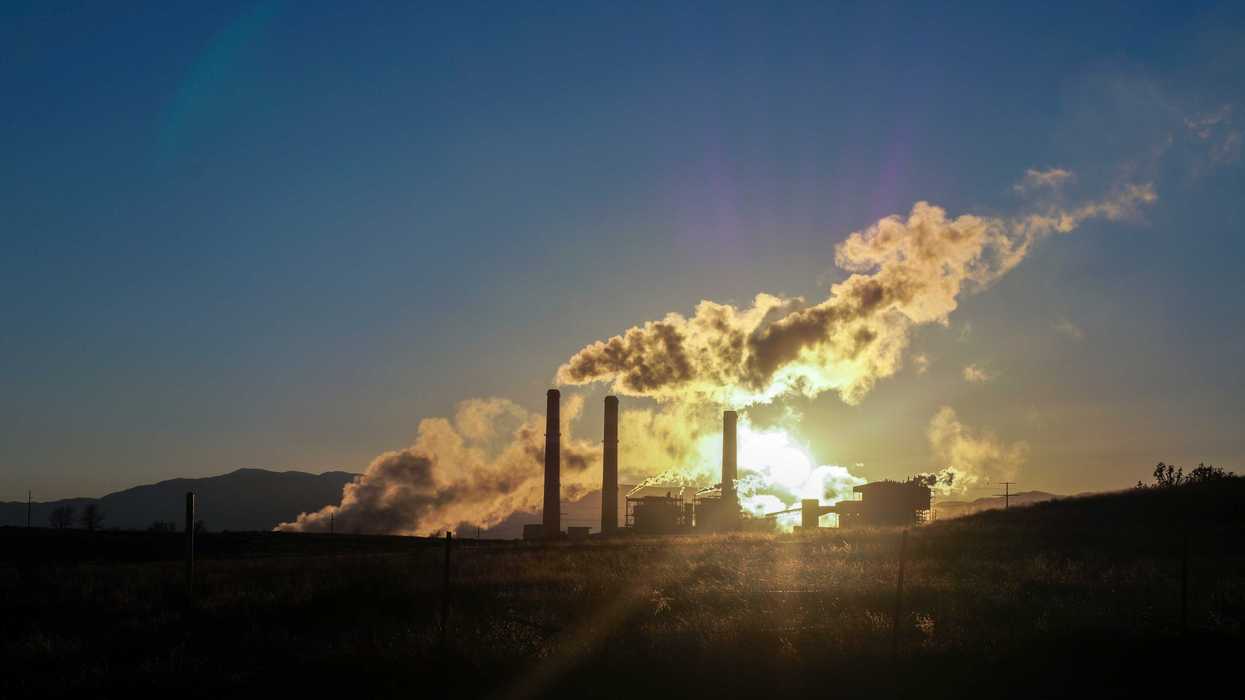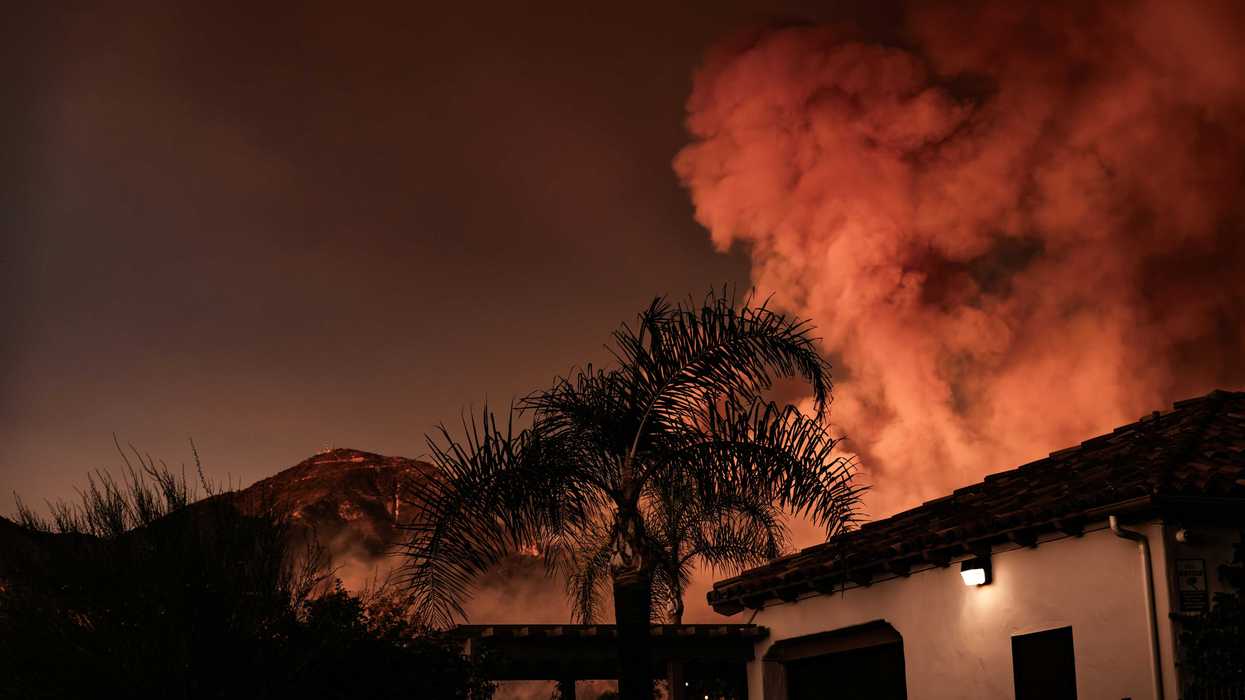When the worst blackout in decades swept the Iberian peninsula in late April, it reignited global debate over nuclear energy, with leaders from Europe to the U.S. rethinking phase-outs amid pressure to meet rising power needs from artificial intelligence and tech giants.
Jillian Ambrose reports for The Guardian.
In short:
- Spain’s recent mass power outage raised doubts about the reliability of renewable energy alone, with nuclear energy supporters blaming the grid’s heavy dependence on renewables at the time of failure — though Prime Minister Pedro Sánchez dismissed the claim as misinformation.
- Countries including Germany, Switzerland, Taiwan, and the U.S. are revisiting or reversing anti-nuclear policies, citing the 24/7 power needs of AI datacenters and concerns about economic and energy security.
- Small modular reactors (SMRs), still unproven at commercial scale, are gaining political and corporate interest as a potential path to faster, cheaper nuclear expansion, with backing from tech firms like Google and governments including Canada and the UK.
Key quote:
“There was no problem caused by an excess of renewable energy. Those who link this incident to the lack of nuclear energy are either lying or revealing their ignorance.”
— Pedro Sánchez, prime minister of Spain
Why this matters:
As artificial intelligence tools spread, the electricity demand from data centers is projected to skyrocket — some estimates suggest it could double by the end of the decade. That growth is colliding with ambitious net-zero targets and a grid already under stress from extreme weather, electrification, and aging infrastructure. Nuclear power offers a low-carbon, constant energy supply, but brings longstanding challenges: radioactive waste, high construction costs, and unresolved safety concerns.
Learn more: How fragile power grids and extreme weather combined to cause Europe’s biggest blackout in decades


